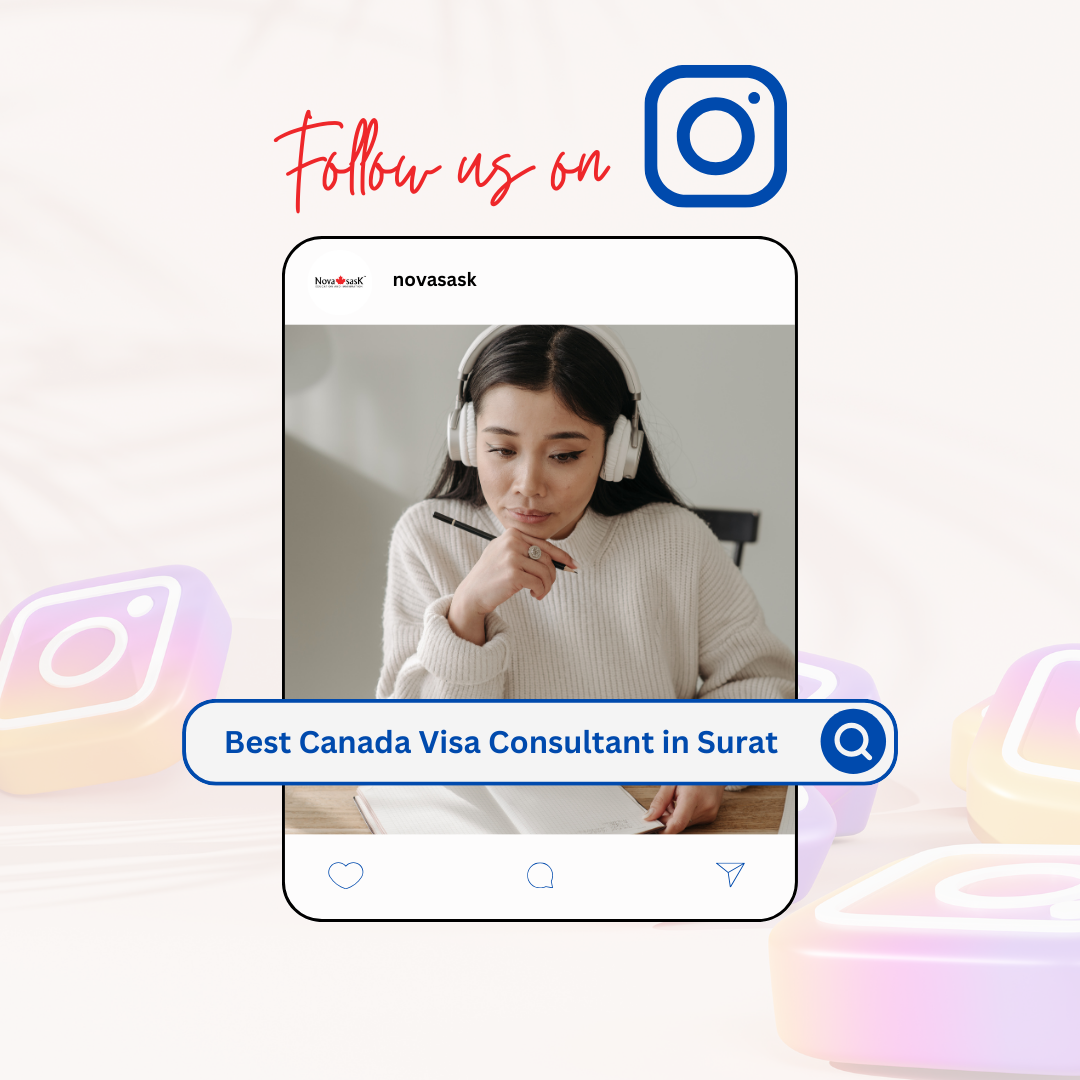Arrivals Tips & Trick for British Columbia
Checklist
Before you board your plane to British Columbia, here’s an easy checklist to make sure you’re prepared:
- ❏ Plan out your accommodations (secure a place to live)
- ❏ Register for your courses
- ❏ Register for orientation
- ❏ Pack your bag
- ❏ Buy your plane ticket
- ❏ Obtain ground transportation from the airport to your accommodation
- ❏ Create an emergency contact list for yourself and your roommates
- ❏ Do you need to travel with medication? Learn how to travel with medication and what documentation you need to bring with you.
- ❏ Arrange your banking – consider buying traveller’s cheques for large denominations, as well as carrying a smaller amount of cash.
- ❏ Keep your documents secure! Save pictures of your passport, study permit (and visa, if relevant); have electronic copies of your insurance and rental agreements saved securely for future reference. Make sure you know when your study permit will expire.
[the_ad id=”2039″]
Accommodations
Before arriving, we recommend you arrange your accommodations. There are generally three options for accommodations.
Option 1 – Residence (on-campus housing): If you search your school’s website, you can check to see if residence options are available and when the application deadline is. Please note that you will need to contact the school directly about this. Look for “contact us” on the school’s website to find contact information.
Option 2 – Homestay: This is where you live with a Canadian family. Your “host” family is screened by a professional agency. One popular agency is Canada Homestay Network but there are many different options for you to choose from. Some schools may even have a preferred homestay agency that they work with. You can also research this on your school’s website or by searching the “name of school” and “homestay” in Google.
Option 3 – Off-Campus Housing: This is where you rent an apartment or a room outside of school. Some schools have services that help you find a place, others do not. You can also find housing on websites like Kijiji or by searching on Facebook. When searching, use keywords like “(name of your school) student housing” or “(name of your school) rentals”.
For temporary accommodations, you can also consider staying at a hotel, many of which offer discounts for extended stays. Please note that this is an expensive option and should only be used as a last resort.
[the_ad id=”2039″]
What to Bring
Before you start packing:
- Verify luggage restrictions with your airline
- Check which items the Canadian Border Services Agency does not permit through customs (eg. pets, plants, fresh fruits and vegetables, meat products). The Government of Canada has a list of items you should pack in your carry-on luggage, as you may be required to show them to customs when you arrive. A list of these items can be viewed here.
Arrival in Canada
When flying to Canada, you are required to do the following things:
- Before you land in Canada, complete a Canada Border Service Agency (CBSA), Declaration Card.
- These cards are distributed on the airplane prior to landing.
- When you arrive, follow the signs that say “Arrivals and Customs” (known as immigration area).
- Enter the non-Canadian citizens’ line.
- When called by Immigration Officer, present them with your travel documents which include the following:
- A valid passport or travel document
- A valid temporary resident visa
- An original or copy of your Letter of Acceptance (LOA) from your university or college
- Proof of adequate funds for your stay in Canada (GIC documents)
- Letter of Introduction (LOI) issued by CIC in your home country
- Any other documents submitted while applying for the visa
- Letters of reference or any other document the visa office told you to bring
- Your official mark sheet/certificates from home country
- The address of the place you will be staying in Canada
- Approximate Canadian Dollar (CAD) value of each item you will be bringing in along with serial numbers where applicable.
Assess Me For Canada Visa







